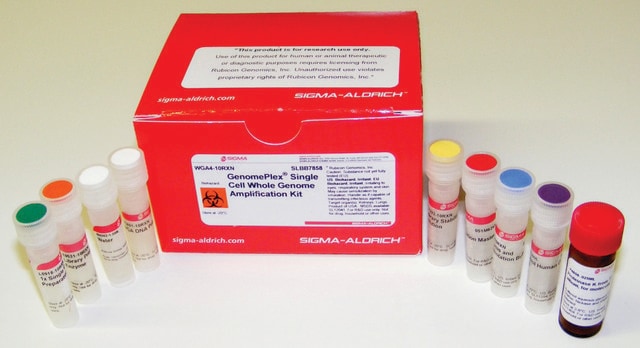U1250
Urea
ReagentPlus®, ≥99.5%, pellets
Synonym(s):
Carbamide, Carbonyldiamide
About This Item
Recommended Products
Quality Level
product line
ReagentPlus®
assay
≥99.5%
form
pellets
mp
132-135 °C (lit.)
solubility
H2O: 8 M
density
1.335 g/mL at 25 °C (lit.)
functional group
amine
SMILES string
NC(N)=O
InChI
1S/CH4N2O/c2-1(3)4/h(H4,2,3,4)
InChI key
XSQUKJJJFZCRTK-UHFFFAOYSA-N
Gene Information
human ... CA1(759) , CA2(760)
rat ... Ppm1a(24666)
Looking for similar products? Visit Product Comparison Guide
General description
Application
Legal Information
Not finding the right product?
Try our Product Selector Tool.
Storage Class
11 - Combustible Solids
wgk_germany
WGK 1
flash_point_f
Not applicable
flash_point_c
Not applicable
ppe
Eyeshields, Gloves, type N95 (US)
Choose from one of the most recent versions:
Already Own This Product?
Find documentation for the products that you have recently purchased in the Document Library.
Customers Also Viewed
Articles
Proteinase K (EC 3.4.21.64) activity can be measured spectrophotometrically using hemoglobin as the substrate. Proteinase K hydrolyzes hemoglobin denatured with urea, and liberates Folin-postive amino acids and peptides. One unit will hydrolyze hemoglobin to produce color equivalent to 1.0 μmol of tyrosine per minute at pH 7.5 at 37 °C (color by Folin & Ciocalteu's Phenol Reagent).
Protocols
To standardize a procedure for the enzymatic assay of Urease, from Jack Beans
Our team of scientists has experience in all areas of research including Life Science, Material Science, Chemical Synthesis, Chromatography, Analytical and many others.
Contact Technical Service





